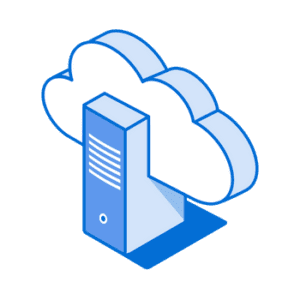CIOs and IT directors engaged in digital modernization programs are migrating existing and legacy technology workloads to a cloud platform. Companies utilizing geospatial technology, especially those dependent on geocoding and address validation, may find it particularly difficult to identify solutions that are cloud native and will integrate with a more modern systems architecture.
Any Cloud migration typically involves not only software but also data, and typically 85% of enterprise data contains geospatial content. This is usually in the form of a customer address or a geospatial boundary, such as a ZIP code. Each provides context and may also contain sensitive assets such as customer information.
Performing a cloud “lift and shift” of data is both a compute-intensive process and costly. Therefore, converting these applications to cloud-native technologies is not only a way to provide more agility and scalability to the business, but will also yield significant cost optimization.
In this webinar we will demonstrate:
- Migrating geocoding and address validation applications to a cloud-native architecture
- Reducing cloud provisioning using lightweight Kubernetes micro-service architecture and automated-elastic processing
- Accommodating the potential for processing large-volume, geospatial data for advanced location analytics




